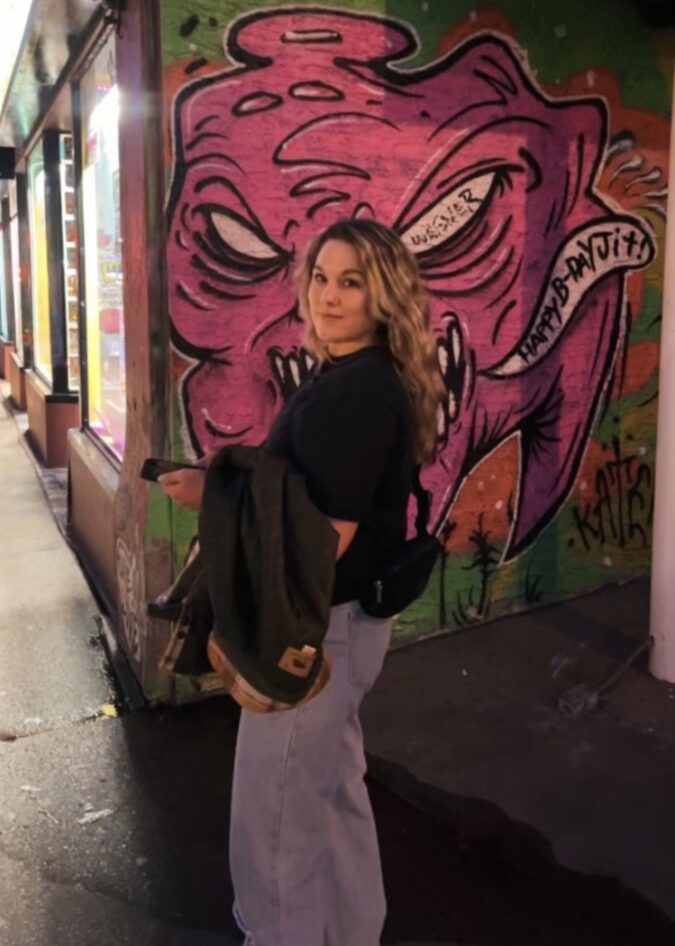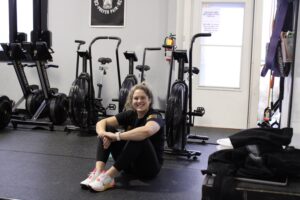I’ve been thinking of the right way to articulate this exchange between Alice and the Cheshire Cat: “. . . we’re all mad here. I’m mad. You’re mad.” The Cat said it to Alice, in Wonderland, as she’s questioning her sanity and whereabouts. It gave me a small wave of inspiration around the idea of madness, or, I suppose, our uniqueness and contribution.
Everything about that movie—the colors, perspectives—is visually mad. But the premise? Alice runs away from her surprise engagement party for a “moment,” and winds up down the rabbit hole. The lead-up portrays Alice as strange compared to the girls and women around her. She’s insatiably curious, thought absurd for her imagination, for what she chooses to wear, and for what she wants. In her world, Alice is surrounded by the pressure of “normal.”
Alice is like her father, but his absence has pulled her away from herself and no one else has supported her in being like him. She reveals her likeness in a fond recollection of his beloved, “Why sometimes I’ve believed as many as six impossible things before breakfast.”
So, she’s in Wonderland where this deliberate pause morphs into a dreamscape of wild and intriguing interactions that help her remember and become herself. Alice is meant to believe again: in possibility, impossibility, and in the beauty of madness. This underworld is a minefield of tests and exploration. Do you return scared and go normal, or do you embrace madness?
There’s a moment where Alice tires of being told what to do and takes charge. She becomes insistent and directive. Decision and action allow her to know this piece of herself that she’s dimmed—believing six impossible things before breakfast. At one point, either before or after she slays the jabberwocky, the caterpillar—who told Alice she was not the right Alice when she first arrived in Wonderland—shares that she is now, in fact, the right Alice.
She comes out of the rabbit hole with the confidence to ask for and go after what she truly wants. She has tact in delivering her direct “no thank you,” and immediately moves forward with a bold new idea.
We know in our gut when things are right and wrong. But sometimes choosing what is right for us over what society or family or loved ones think is right for us can make us feel literally mad. It can feel like standing against rushing water. It can feel like being walked around, unseen, in a crowd.
But when we go mad? When we go find it? We get to embrace the “moment” it takes to dream up what’s possible and to truly see ourselves. That pause can center us to walk with purpose and confidence in what we ought to be doing. Embracing our madness is liberating. It churns up that “soul on fire” feeling.
Alice didn’t come back from Wonderland and live happily ever after. Alice came back from Wonderland and immediately pursued an idea that would push boundaries.
And, importantly, the ending shows that when we embrace our mad, and really go for it, we are met with the others that have embraced their mad too, and those are the people we run with.
Much love from Wonderland, my friends, where things are getting curiouser and curiouser.
GLK.

